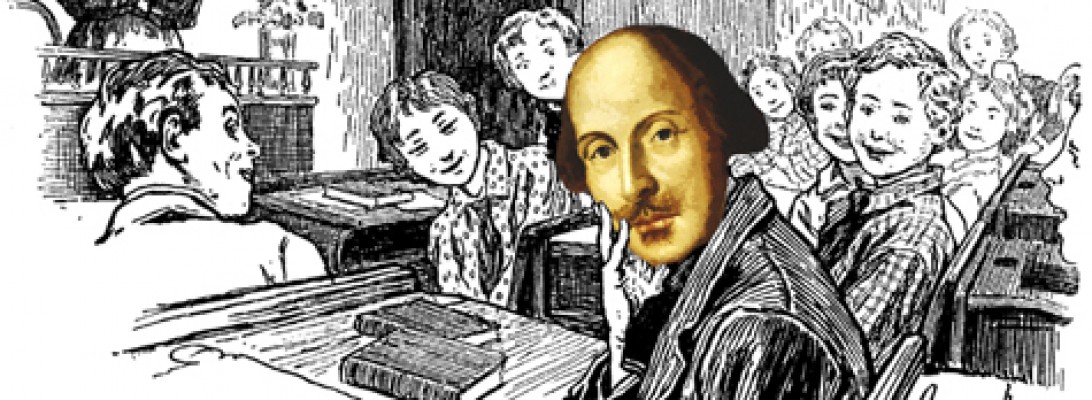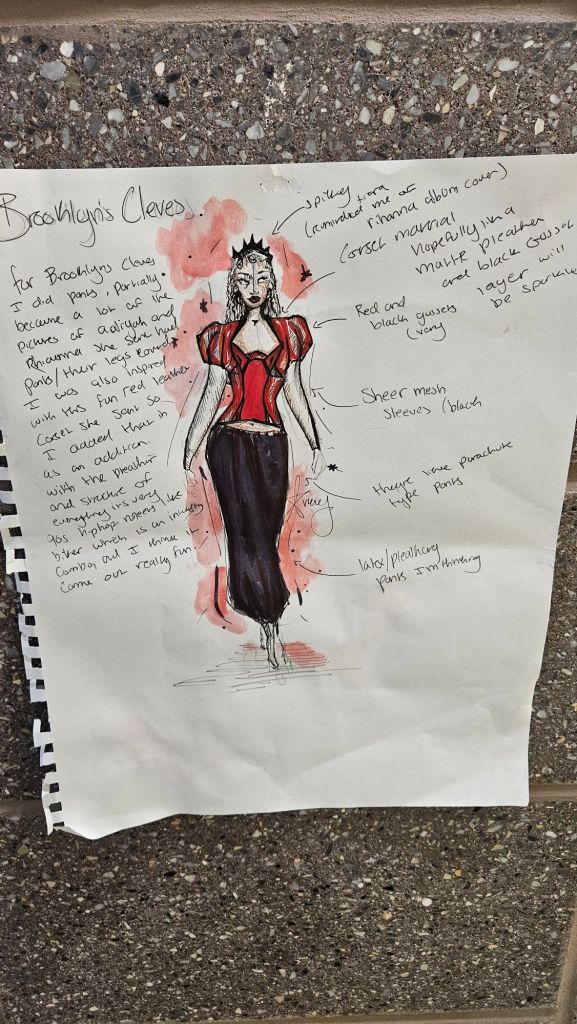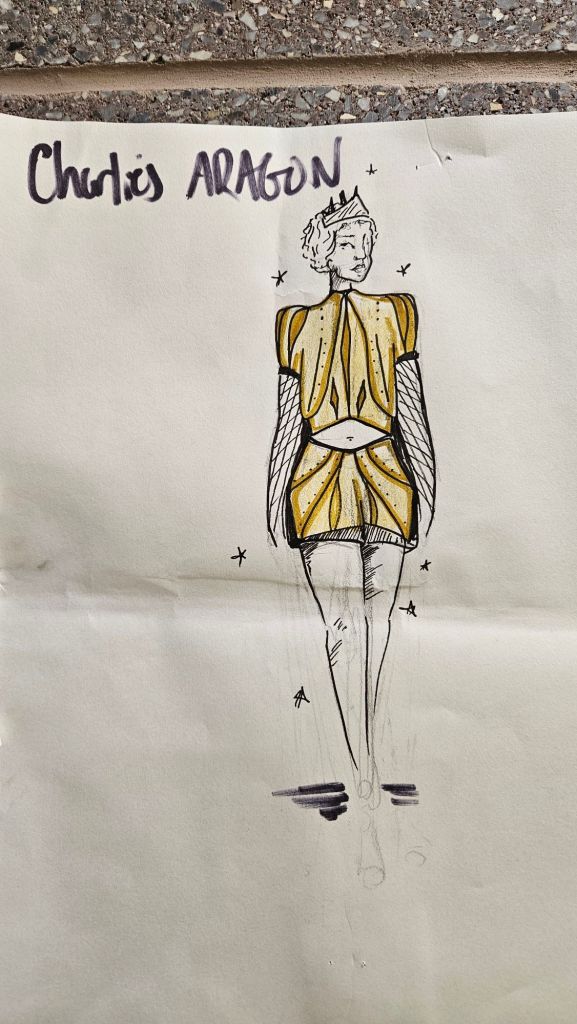
Using self-paced online activities, your child(ren) will compare the plot and characters of Star Wars to Shakespeare’s plays. We will also discuss Shakespeare writing by looking at “William Shakespeare’s Star Wars” by Ian Doescher.
Course Description
- Concept: To compare and contrast the plot, characters, themes, and language of Shakespeare’s plays with Star Wars
- Student Description:
- Epic battles, quests for revenge, pirates, funny characters, powerful warriors swinging swords. Star Wars has something for everyone. But did you know that in many ways, Star Wars is based on the ideas and writings of William Shakespeare? In this course we’ll peer beneath the veil of Shakespeare and Star Wars to find the universal stories of love, revenge, power, and growing up, using games, artwork, and dramatic readings by professional actors!
- Did you know that Star Wars is based on the ideas and writings of William Shakespeare? This class will teach you about writing and characters though games, interactive activities and dramatic readings of both Star Wars and Shakespeare!
- Course organization (the class is divided into 6 parts that students can complete at their own pace over a week-long period.
Outline
Unit 1: How Is Shakespeare Like Star Wars?
Class I- Setting the Scene
- That is the Question:
- What is Star Wars about?
- What parts of the Star Wars story are like Shakespeare’s plays?
- Are Shakespeare and the Star Wars movies saying anything similar about war? Families? Growing up?
- Lesson Objectives
- To teach about the characters and plot of Star Wars by comparing them to Star Wars
- To introduce the concept of archetypes, tropes,
- Set the Scene
- Star Wars is about an evil empire trying to take over the galaxy. They have more ships, more soldiers, and a fearsome weapon that can blow up planets. The rebels on the other hand, though fewer in number, are faster, smarter, and have the advantage of fighting for a good cause.
- In addition, the story is about growing up- Luke becomes a Jedi Knight. He takes revenge on the man who destroyed his father.
- The Players (slides)
- Luke
- Obi Wan/ Yoda
- Vader
- Leia
- Han
- R2D2 and C3PO
- The Emperor
- Words Words Words
- Epic
- Parody
- Theme
- Plot
- Archetype
- Character
- Trope
- Theme
Class 2: The Journey of Han and Leia
- Han and Leia vs. Beatrice and Benedick
- Show videos of Han before Leia
- Plot summary of Much Ado
- Clips of the bickering of Benedick and Beatrice
- Read blog and look at the writing.
- Activity- how would you write a love letter to Han or Leia?
- Play the scene from Jedi
Unit 2- The Prequels and Shakespeare’s Histories
- A Crash Course in Shakespeare’s Histories
- The Rise of Palpatine/ Richard III
- Emperor Palpatine in Star Wars rises to power through a combination of manipulation, intimidation, and by killing his opponents.
- Bio of Richard III
- Slide- Richard’s rise to power
- Slide- Palpatine’s rise to power
- Quizlet
Unit 3- The Verse of William Shakespeare’s Star Wars by Ian Doescher
- What is William Shakespeare’s Star Wars
- Introduce the plays
- Explain how Shakespeare’s verse works
- Look at the common verse elements
- Sonnets
- Show the chorus of “Verily a New Hope”
- It is a period of civil war. The spaceships of the rebels, striking swift From base unseen, have gain’d a vict’ry o’er The cruel Galactic Empire, now adrift. Amidst the battle, rebel spies prevail’d And stole the plans to a space station vast,Whose pow’rful beams will later be unveil’d And crush a planet: ’tis the DEATH STAR blast. Pursu’d by agents sinister and cold,Now Princess Leia to her home doth flee, Deliv’ring plans and a new hope they hold:Of bringing freedom to the galaxy .In time so long ago begins our play,In star-crossed galaxy far, far away
- Stychomichia
- Half lines
- Enjambment
- Title Crawl (make a gif via Canva)
- Show the chorus of “Verily a New Hope”
- Sonnets
- Side By Side Comparisons
- Read/ watch segments of the play
- To Be Or Not To Be
- All the World’s a Stage
- St. Crispin’s Day Speech
- Try to turn a Star Wars line into verse, and then look at the reveal.
- Read/ watch segments of the play
Unit 4- Literary Devices of William Shakespeare’s Star Wars
- Using the educational guide, we’ll learn about the following literary devices:
- Extended Metaphors (Luke’s green lightsaber)
- Anaphora (Luke’s call to action in Jedi)
- Premonatory Dreams (Calpurnia)
- Stichomythia Richard III vs. Han and Leia
Unit5- The Hero’s Journey of Luke Skywalker
Class 1: What is a Hero’s Journey (Slides)
- Learn a little about Joseph Campbell’s monomyth. using the Percy Jackson post, Crash course video about monomyth
- Chart Luke’s monomyth journey
- Activity- Mad libs- write a star wars movie!
- Quiz on plot elements from the monomyth (Quizzes or Quizlet)
Class 2 : Hamlet and Luke Skywalker
- Plot comparison
- (use infographic)
- Quote from Doescher:
- Hamlet The Tragedy of Hamlet, Prince of Denmark is Shakespeare’s most famous play. It’s also the play I make the most references to in William Shakespeare’s Star Wars.
- To Be Or Not to Be
- Use my video about the speech to explain the structure
- Note how Doescher repurpuses every line in the Star Wars Trilogy:
- Sometimes it expresses fear:
- Sometimes concern:
- Frustration: “The whips and scorns of time”
- Hope: “The undiscovered galaxy” “Tis a consummation devoutly to be wished.”
- Activity: write your own paraphrase of Hamlet’s speech, using the 6 beats I provided.
Unit 6- Become a Bard Warrior (Slides and Sites)
- Number Lock (door)
- Color Lock to start the engine (control panel)-
- Light speed
- Asteroid Iambic
- https://scratch.mit.edu/projects/60286856/
- Scratch Game with a quote at the end https://scratch.mit.edu/projects/221876944/
- Short video at the end.
Notes
Resources:
Web: https://americanshakespearecenter.com/2011/05/in-the-force-of-his-will-shakespeare-and-star-wars/
Close Reading: Shakespeare’s Star Wars (Empire Scene) https://shakespeareanstudent.com/2024/04/17/close-reading-william-shakespeares-star-wars/
The Journey of Han and Leia: https://shakespeareanstudent.com/2023/06/16/new-podcast-william-shakespeares-star-wars-part-ii-the-journey-of-han-and-leia/
Review of Jedi:
Video
- William Shakespeare’s Star Wars and the Power of Iambic Pentameter – Summer of Shakespeare the First
- The Wampa From “William Shakespeare’s Star Wars”
- Han Solo Does Shakespeare
- Emperor Shakespeare
- Darth Vader does Shakespeare
- Dagobah Cave Vision: https://www.youtube.com/watch?v=0otvBA0iAA0
- Duel between Luke and Vader: William Shakespeare’s Star Wars excerpt: the Duel from “The Empire Striketh Back.”
- Comparison:
- 1st 10 minutes of Jedi: Star Wars Episode VI Return Of The Jedi Opening Scene HD720p
- Doescher’s version: Darth Vader Reads Star Wars Shakespear The Jedi Doth Return Vader Reviews
Podcast:
- https://open.spotify.com/episode/5BJ6TuhFO699OxWRLZNL2U?si=_cRGo7FzQjakUuZuPT0KwA
- https://open.spotify.com/episode/1E3Eh9OpcR7lpMHI8edU4o?si=p-PrlRzQStqwGnoz4Y88pA
- https://open.spotify.com/episode/5SFDcMAfF14ANVIki6xxr8?si=0YWtFyWoQE2CtG8fAEK22A







































